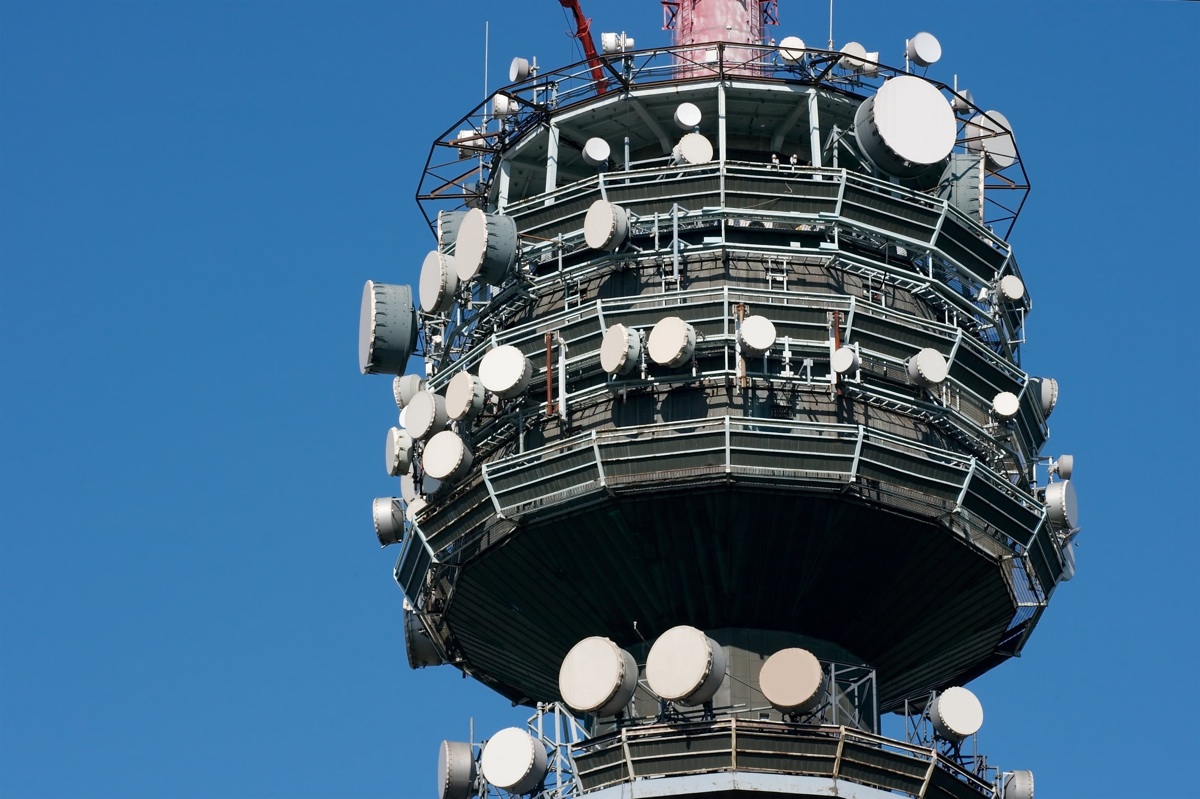News analysis: Budget 2012
A boost to broadband is welcome, but has IT lost out to other industries in the Budget?

The Chancellor of the Exchequer, George Osborne confirmed a raft of rumoured changes to taxes and allowances in this year's Budget speech.
And as well as new Stamp Duty rates for expensive homes, an increased personal allowance of 9205, and a cut to the 45 per cent top rate of tax effective from April 2013 the Government also set out measures to boost business, and in particular, the digital economy.
As well as a plan to double the UK's exports, to 1 trillion, by the end of the decade, the Government plans to help London establish itself as a market for trading China's currency, to help pension funds put money into infrastructure, and boost airport capacity in southern England.
But it is the measures to boost the digital economy, and the measures around investment in smaller business, that are most likely to affect IT professionals.
In fact, the Chancellor went further than most ministers have in recent years, putting internet infrastructure on a par with road and rail. Few politicians have attached quite as much importance to technology since Tony Blair first talked about broadband Britain 10 years ago.
Of course, Blair's mooted 6bn of investment in IT failed to really deliver a Britain he described as a "technological powerhouse". Other countries, notably South Korea, the US and Sweden, have done better at developing their fixed internet infrastructure. And, although Osborne's commitment to increase the coverage of mobile networks in rural areas and along the road system is laudable, the UK continues to lag in other areas, not least the provision of 4G mobile services.
Pressure for 4G
Get the ITPro daily newsletter
Sign up today and you will receive a free copy of our Future Focus 2025 report - the leading guidance on AI, cybersecurity and other IT challenges as per 700+ senior executives
Pressure to roll out 4G may well increase, now that more devices, and especially
An initial tranche of 100 million was announced in November's pre-Budget report; in the Budget, the Chancellor added another 50 million, available to smaller towns.
"The fastest digital speeds in the world available in our cities, with the most connected countryside in Europe and the most creative digital content anywhere. That's what a modern industrial policy looks like," said the Chancellor.
It's good to see the Government has plans in place to put the UK on the map as Europe's technology centre', says Steve Rothwell, CEO of
Eagle Eye, a company offering mobile services to retailers.
"The UK has a growing internet economy, and mobile technology plays a key part in this," Rothwell said.
"The promise of super-fast broadband and improved mobile phone coverage across the country is good news for the retail industry in particular. Mobile technology is having a huge impact on commerce and in the year to come, we're going to see this continue as retailers find more sophisticated ways to use it."
But whilst most people welcome the promise, there are doubts about the public sector's ability to deliver. "Investment and a push in broadband infrastructure is welcome, but needs to be distributed not centralized," says Rob Bamforth, of industry analysts Quocirca.
"We need to connect more, better ,not few at the best rate raise the broadband minimum, not the headline top rates." And, he cautions, local authorities are ill-equipped to run wireless services or to become ISPs; Government sponsorship of a single network cold even have the opposite of the desired effect, and damage competition.
"It would be better to establish a metro wireless wholesaler, perhaps an Openreach for the skies," suggests Bamforth.
-
 Cleo attack victim list grows as Hertz confirms customer data stolen
Cleo attack victim list grows as Hertz confirms customer data stolenNews Hertz has confirmed it suffered a data breach as a result of the Cleo zero-day vulnerability in late 2024, with the car rental giant warning that customer data was stolen.
By Ross Kelly
-
 Lateral moves in tech: Why leaders should support employee mobility
Lateral moves in tech: Why leaders should support employee mobilityIn-depth Encouraging staff to switch roles can have long-term benefits for skills in the tech sector
By Keri Allan
-
 Starmer bets big on AI to unlock public sector savings
Starmer bets big on AI to unlock public sector savingsNews AI adoption could be a major boon for the UK and save taxpayers billions, according to prime minister Keir Starmer.
By George Fitzmaurice
-
 UK government targets ‘startup’ mindset in AI funding overhaul
UK government targets ‘startup’ mindset in AI funding overhaulNews Public sector AI funding will be overhauled in the UK in a bid to simplify processes and push more projects into development.
By George Fitzmaurice
-
 UK government signs up Anthropic to improve public services
UK government signs up Anthropic to improve public servicesNews The UK government has signed a memorandum of understanding with Anthropic to explore how the company's Claude AI assistant could be used to improve access to public services.
By Emma Woollacott
-
 US government urged to overhaul outdated technology
US government urged to overhaul outdated technologyNews A review from the US Government Accountability Office (GAO) has found legacy technology and outdated IT systems are negatively impacting efficiency.
By George Fitzmaurice
-
 Government urged to improve tech procurement practices
Government urged to improve tech procurement practicesNews The National Audit Office highlighted wasted money and a lack of progress on major digital transformation programmes
By Emma Woollacott
-
 Government says new data bill will free up millions of hours of public sector time
Government says new data bill will free up millions of hours of public sector timeNews The UK government is proposing new data laws it says could free up millions of hours of police and NHS time every year and boost the UK economy by £10 billion.
By Emma Woollacott
-
 Three giant tech challenges the UK’s new government faces right now
Three giant tech challenges the UK’s new government faces right nowOpinion Five years starts now, and there’s not a second to waste
By Steve Ranger
-
 G-Cloud 13: UK government 'inhibiting' cloud SMEs' ability to adapt to harsher business landscape
G-Cloud 13: UK government 'inhibiting' cloud SMEs' ability to adapt to harsher business landscapeNews Suppliers on the cloud services portal have hit out at an extension to the current iteration of G-Cloud
By Ross Kelly